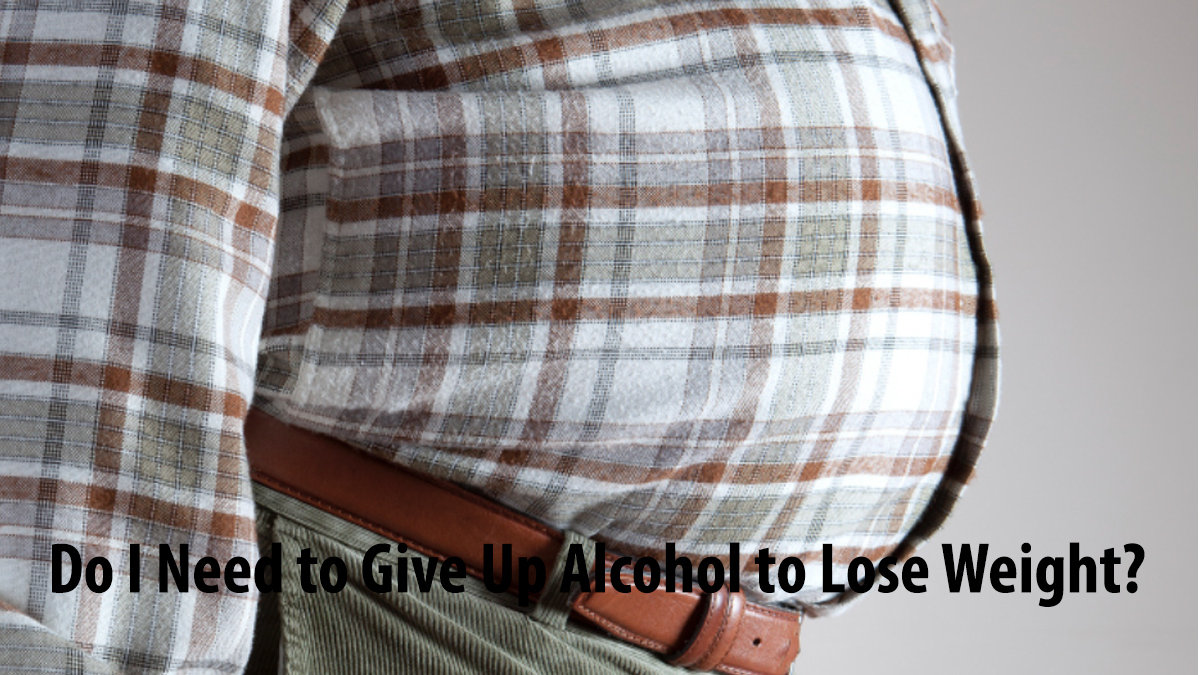There are two main types of effect from alcohol: the direct and indirect effects. Alcohol can cause your body to store excess energy. This excess energy shows up on the scale within four hours of consumption. The direct effect can be felt when your energy levels are high or low, and you feel hungrier than usual. The indirect effect can be felt when your sleep is poor. This article will explore both types of effects and answer the question “do I need to give up alcohol to lose weight?”
Direct effect: excess energy
The direct effect of alcohol on weight gain is not as clear as it may seem. While it is true that alcohol has a high caloric content, the average American drinks only four to fourteen drinks a week, which amounts to 600 to two hundred extra calories per drink. However, the way alcohol is consumed and metabolized can have a significant effect on weight. When we drink alcohol, we are not only increasing our energy intake, we are also lowering our inhibitions. As a result, we consume more calories than we normally would otherwise.
Consumption of alcohol is harmful to the human body. Alcohol alters the way your body digests food and stores it as fat. Moreover, it suppresses the production of the hormones responsible for making you feel full. Leptin and glucagon-like peptide-1, which inhibit appetite, are both suppressed by alcohol. Excess food energy will manifest itself in the form of fat in less than four hours after drinking.
Indirect effect: alcohol’s tipping point
According to the latest research, drinking past your ‘tipping point’ leads to a hefty calorie intake. On average, one glass of wine or pint of beer will add more than 6,300 extra calories to your daily caloric intake. This is enough to cause a two-pound weight gain in a week. However, experts warn against interpreting the results of this study as hard science.
Whether it’s from the calories in a glass or a kebab, the body uses food on a first-come-first-serve basis, which means that consuming alcohol will cause you to gain weight. Alcohol acts as a substitute for food, so the energy in your last meal is stored as body fat. This excess energy will show up on the scale within four hours.
Despite this evidence, further research needs to be conducted to determine if this finding holds true for women. The results of this study show that consuming alcohol has a negative or positive effect on weight, with a greater risk of obesity among women. However, prospective studies involving multiple populations have shown inconsistent results. It is unclear whether the alcohol-related link between body weight and alcohol consumption will be confirmed or excluded.
Indirect effect: poor sleep quality
An indirect effect of alcohol on weight gain is associated with poor sleep quality. Studies have shown that alcohol can impair sleep quality, and a large proportion of people who drink alcohol experience poor sleep. In a recent study, the researchers found that a significant number of participants had poor sleep quality. The researchers used multiple logistic regression to investigate this association. Among the factors that influenced the sleep quality of study participants, these included the age and gender of the subjects, the consumption of alcohol, and use of sleep medication prior to and during the study period.
Regular exercise is an excellent way to boost your mood and improve your sleep. Alcohol can disrupt sleep, contributing to depression, anxiety, and stress. For athletes, sleep is critical for recovery between workouts. Additionally, a better night’s sleep can help you improve your reaction time, endurance, and speed, and reduce the risk of injury. However, the effect of alcohol on sleep is also difficult to ignore.
Do you need to give up alcohol to lose weight?
It may seem impossible to give up alcohol to lose weight, but it is possible. Giving up wine or lager for a month can save up to 960 calories per week, which is about as much as three burgers or five and a half bags of crisps. You can even save about 4,000 calories a month by cutting out lager and six glasses of wine. Giving up alcohol can also improve your skin and reduce eczema and dandruff.
One of the most common questions asked by people who want to lose weight is: “Do I need to give up alcohol to lose weight?” While it is certainly possible to reduce the amount of alcohol you drink, the question of how long you need to go without drinking is more relevant. Additionally, quitting alcohol will only cause you to lose weight by cutting down on your overall caloric intake, so you must make other lifestyle changes to lose weight.
Many people don’t have to give up alcohol in order to lose weight. It’s common to drink alcohol for various reasons, including combating boredom, numbing feelings, or simply to take the edge off a stressful day. In these cases, cutting back on alcohol can help you lose weight, but it’s important to make healthy choices. Just make sure that you do so in moderation.
Practical tips to reduce alcohol intake
Whether you are concerned about your drinking or just want to feel healthier, it is best to consult your doctor before cutting down on alcohol. There are several reasons to stop drinking, from health issues to social pressures. Here are some practical tips to cut back on alcohol:
Limiting alcohol intake is a good idea for everyone, but it can also cause a number of health problems, from increased blood pressure to liver disease and even some cancers. During pregnancy, women who are pregnant should limit or even eliminate alcohol altogether to prevent weight gain. Alcohol affects the body’s ability to break down food and prevent it from storing fat. It is also known to increase the risk of heart disease, stroke, and other diseases. In addition, it inhibits the body’s ability to burn fat, which makes alcohol an extremely unhealthy choice for pregnant women.
If you’re looking for practical tips to reduce alcohol intake and prevent weight gain, look no further than the calorie content of your drinks. Alcohol is packed with calories, and while it is a necessary part of life, it doesn’t necessarily contribute to a healthy lifestyle. Alcohol also alters the body’s physiological processes, which can lead to poor food choices and an increased craving for junk foods. Combining a balanced diet with alcohol-free drinks will help you keep your weight loss goals in balance.
Take home message
One of the take home messages from the recent research on alcohol and weight gain is that you should limit your alcohol consumption. Alcohol contains empty calories and does not provide your body with any nutrients. Additionally, alcohol can increase water weight and cause you to gain actual weight. When this happens, you tend to lose track of your health goals and reach for unhealthy foods. As a result, you need to drink only in moderation, and drink wine, beer, or a low-calorie spirit if you plan to lose weight.
The Bottom Line
Alcohol is a fattening beverage. Its active ingredient, ethanol, is considered the second-most calorie-dense nutrient after fat. In fact, alcohol contains seven calories per gram. Alcohol also fools the body into believing that you’re not hungry, which leads to you ordering a pizza or scarfing down potato chips or raiding the freezer for an ice cream. Then, when you wake up, you’re sorry you ever drank that much.
Studies of the effects of alcohol on weight gain have shown that the percentage of overweight people who drink alcohol is double that of non-drinkers. In fact, two-thirds of Americans drink alcohol at least once a week and consume five or six drinks per night. In addition, they consume food while drinking, meaning that they may consume an extra fifteen to twenty pounds of fat in a year. While it may not be enough to cause a health crisis, alcohol consumption should be avoided whenever possible.
In moderation, alcohol does not cause weight gain, but it does change the way we eat and drink. Alcohol affects everyone differently, so there is no single solution for everyone. Rather, if you’re hungover a few hours after a night out, alcohol should be limited. This can also help you cut down on other unhealthy habits, including alcohol. In addition, drinking too much alcohol can lead to heart disease, diabetes, and dementia.

